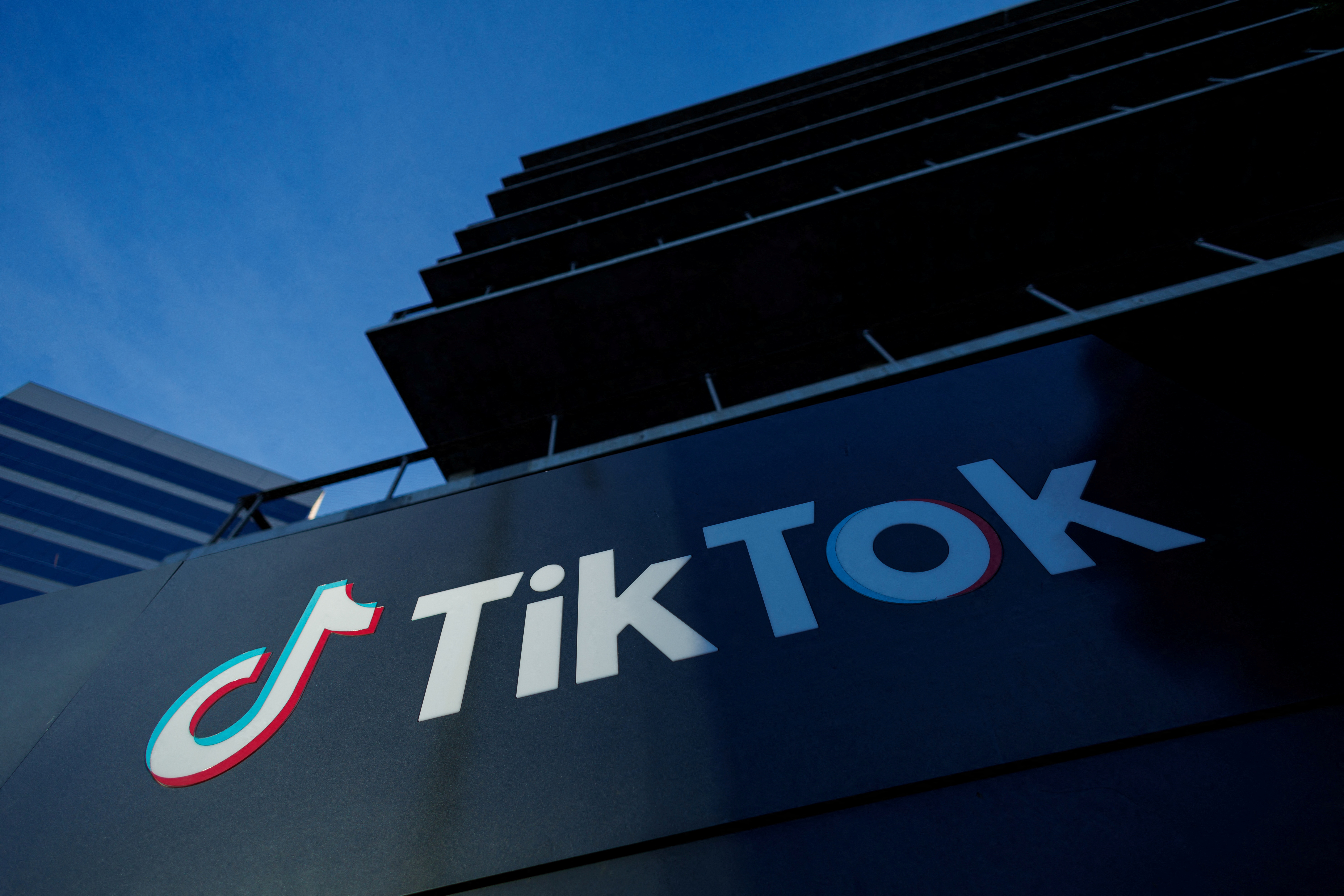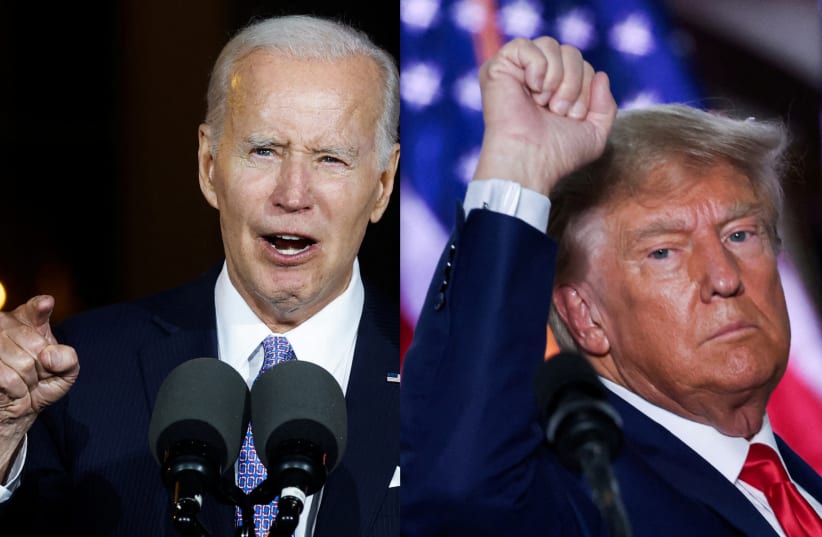Republican presidential candidate Donald Trump accused President Joe Biden of advocating for a ban on TikTok, shifting the responsibility onto Biden if such a ban were to be imposed. Trump’s statement, posted on his Truth Social platform, claimed that Biden’s actions were aimed at benefiting Facebook and urged voters to take note of Biden’s stance.

Legislative Action and Response
The U.S. House of Representatives passed bipartisan legislation with a significant majority, signaling bipartisan concern over TikTok’s Chinese ownership. The bill, which mandates ByteDance, TikTok’s owner, to divest its U.S. operations within nine months or face a ban, is now set to move to the Senate for further consideration. President Biden has expressed his intention to sign the bill into law if it passes the Senate, aligning with congressional efforts to address national security risks associated with TikTok’s ownership.
Complexities and Legal Challenges
Trump’s criticism of Biden’s position on TikTok overlooks his previous attempts to ban the platform during his presidency in 2020, which were thwarted by legal challenges. TikTok has vehemently denied allegations of sharing U.S. user data with the Chinese government, emphasizing the potential infringement on free speech rights under the First Amendment for its 170 million U.S. users. In response to the legislative developments, TikTok has indicated its readiness to challenge the legislation in court, citing constitutional concerns.
Policy Objectives and Concerns
The White House clarified its stance, emphasizing its preference for TikTok’s acquisition by an American company to safeguard sensitive personal data and prevent potential manipulation of user perspectives by foreign entities. The proposed legislation aims to ensure that TikTok’s ownership is transferred to an American entity, aligning with broader national security objectives and concerns about data privacy.
Trump’s recent remarks linking TikTok’s ban to the strengthening of Meta Platforms’ Facebook underscore the complex dynamics of tech competition and political discourse. The legislation, if enacted, would impose restrictions on app stores operated by major tech companies, prohibiting the distribution of TikTok and services to ByteDance-controlled applications post-divestment deadline.
Campaigns Cover Social Media
The contrasting approaches of Biden’s and Trump’s reelection campaigns regarding TikTok reflect divergent strategies in engaging with social media platforms. While Biden’s campaign has embraced TikTok, Trump’s campaign has not, reflecting broader ideological and strategic differences in leveraging digital platforms for political outreach.

As legislative and legal battles over TikTok’s ownership continue, the implications for data privacy, free speech, and national security remain central to the debate. The outcome of these deliberations will shape the future landscape of social media regulation and U.S.-China relations, underscoring the significance of TikTok as a focal point of geopolitical tensions and technological competition.
